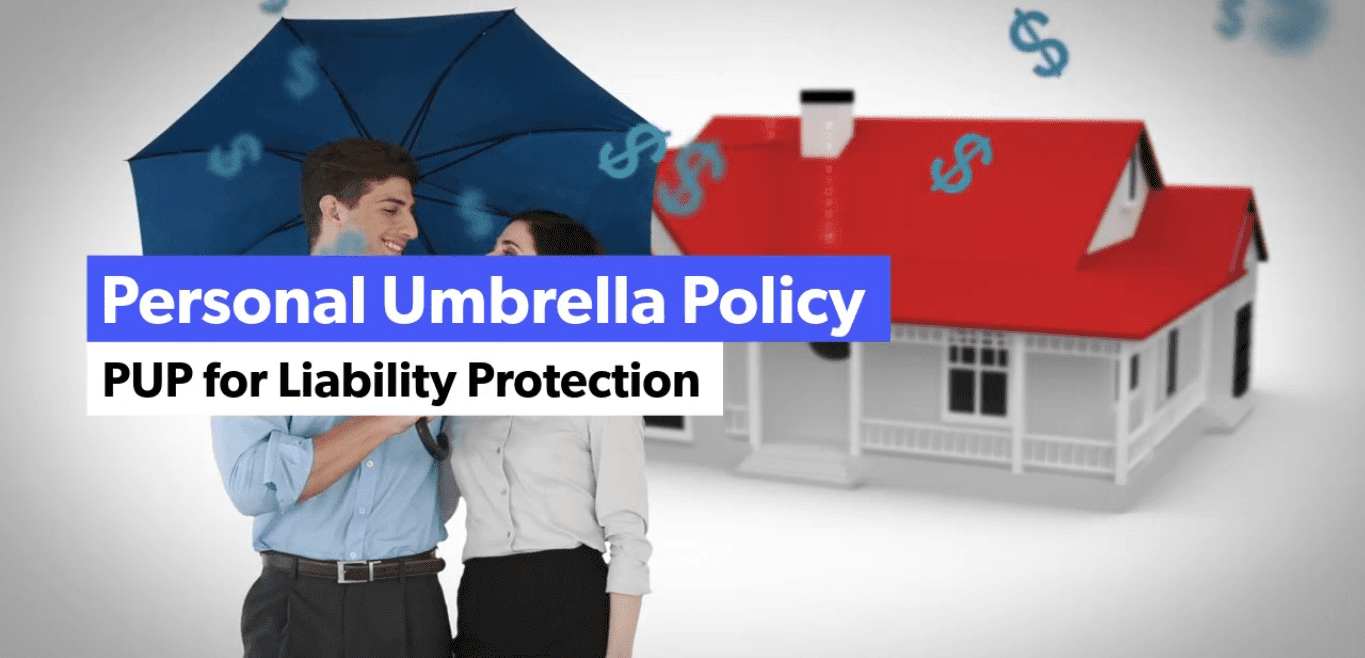
Do You Need Earthquake Insurance?
July 11, 2019
Personal Umbrella Policy – PUP
September 4, 2019What discounts are available for homeowners insurance?
Most home insurance carriers offer discounts to save you money, you should ask about the discounts to make sure you’ll get all the great homeowners insurance credits you qualify for. It’s essential to be properly covered but also it is best to get the most affordable insurance with a good understanding of all the options thus getting you both the best and cheapest homeowners insurance specific to your situation.
House insurance is rated primarily by the year built, size of home, type of construction, type of roof, and some applicable security credits. There are a few additional items which make a difference to your rate; i.e. gated community, date of birth of insured, credit rating of insured (applicable in most states), payment method & prepayment option. It is important to understand that the insurance industry is regulated by the State Department of Insurance; thus, each state has different rules and restrictions which apply to insurance companies.
The most common home insurance discounts are as follows:
• Newly Built Home
• Gated Community Credit
• Central Station Monitored Fire/Burglar Alarm System
• Interior Fire Sprinklers
• Type of Roof
• Multi Policy Discount
• Deductible Credits
• Claim Free Discount
• Insurance Credit Score Credit (only applicable in credit scoring states)
• Loyalty Credit
Quote and Buy Directly With One of the Best Home Insurance Companies
How are homeowners insurance discounts calculated?
Insurance companies generally apply both surcharges and discounts to the base rate for the quoted home insurance policy. The base rate most commonly includes the calculated premium for the building itself inclusive of rating for the year built, size of home, and geographic location.
Surcharges and Discounts would both be usually applied as a percentage of the base rate; surcharges would include such items as credit score, hazard area proximity risk surcharge, and prior claims surcharge.
Discounts are the more popular category on home insurance; perhaps a claims free discount, credit score discount, monitored security alarm discount, marital status discount, loyalty credit and a long list of additional possibilities. Please note that surcharges and discounts do vary from state to state following regulations of each independent State Department of Insurance.
Why to ask for home insurance discounts
Although we know there may be many home insurance discounts, it is also true that each carrier has its own independent list of available discounts on a homeowners insurance policy.
There is no shame in inquiring about all the available home insurance discounts; for instance, one carrier may have a non-smokers discount where others may not. It is also common for carriers with higher rates to have a longer list of available discounts with the mindset that a licensed representative will personally guide you to review all available credits.
In a more modern world, home insurance is quoted using an online portal with a sequential list of questions; with all questions answered, it is presumed that one who takes the time to carefully answer each question will also have been given the opportunity to answer questions relative to obtaining all available home insurance discounts.
Loyalty
Loyalty credits are only available as permitted by law. Clients will need to remain in good standing in order to earn the credit. Homeowners who are claims-free and who have paid their premium in a timely manner for a certain period of time.
Homeowners are free to shop around and change carriers as often as they’d like; however, most good clients offer a stable loyalty to insurance carriers and will be rewarded in states where permitted by law.
Claims Free
A claims free discount is applied by carriers according to their underwriting guidelines; carriers most commonly review a prior claims free period of either 3 years or 5 years after which a discount will be applied.
It is always best to think carefully before filing a small claim; for instance, if you realize that a windy season may have damaged your fence and the damage may not cost much more than your deductible, it may well be worth your while to take care of the damage and avoid losing the claims free discount and even perhaps paying a surcharge for a few years to come. Home Insurance is truly designed to take care of big ticket items; if this weren’t true, insurance premium would need to be substantially higher than we all pay today.
How do I get a Security Alarm discount on my homeowners insurance?
It is common to see at least a small security discount credit on home insurance policies even if there isn’t an alarm system; this is typically for the presence of deadbolts on entry doors, smoke detectors in all living areas and a fire extinguisher on each floor of the home.
Insurance companies are mindful of all recent building codes and required safety equipment. For instance, in CA, CalFire required all new homes built on or after 2011 to be installed with Interior Fire Sprinklers and an exterior Alarm Sounding Device; many insurance companies rating homes in CA include a Fire Sprinkler Credit due to this code requirement.
The maximum Security and Fire Alarm Discounts are given for centrally monitored systems where the activation of an alarm will transmit to a central station who will contact the authorities for assistance.
Age of Insured
The age of the homeowner is a rating factor; this is why you will enter your Date of Birth in order to obtain a quote for home insurance. It is presumed that perhaps an elderly or a retired resident would spend more time at home; in the event of a mishap, the issue will be spotted much quicker than if the residents are not home.
Whether a leaking washing machine or a burst water heater, a homeowner who spends more time at home is likely to cut off the water supply and call a plumber right away preventing damage to the home.
Gated Community
Gated community credits are a great value; insurance carriers realize that gated neighborhoods are well monitored and there seems to be a greater sense of security with a sense of neighborhood watch.
Marital Status
Married homeowners typically pay a slightly lower rate; perhaps this may mean that one is more settled and may spend more time at home with one’s spouse. There is also a chance that if one spouse is out of the home, the other may be home in the event of a mishap.
Homeowners insurance discount limits
The moment of truth… You may be adding up all these discounts and trying to figure out how to get Home Insurance for FREE! After all, the insurance industry does need to make money no different than anyone else; discounts are limited in 2 ways. Some carriers choose to publish a ‘Minimum Premium’ for which they will underwrite homeowners insurance and most likely will also publish a ‘Maximum Discount Percentage of the Base Rate’. It’s common for us to see $300 Minimum Premium on a property insurance policy but this does vary between states and among different products; for instance, Renters Insurance typically has a Minimum Premium of $80 – $100 since that product generally generates lower premium.
It is very possible for an insurance company with lower base rates and fewer discounts to offer a lower overall premium than a carrier with higher base rates and a ton of discounts. The bottom line is the total quoted premium for your homeowners insurance policy; this is why we obtain FREE Quotes before buying home insurance.
How to reduce home insurance premium
There are a few quick ways to reduce your home insurance cost without too much effort at all; the quickest and most noticeable way to save money is to increase the deductible, you will find that this is the largest premium fluctuation on the policy. Another way would be to go through all the optional coverage and either eliminate or reduce limits, this will not make as much difference as the deductible but may help reduce the cost a little.
All preferred insurance carriers will not insure homes for less than 100% of the reconstruction value of the structure. It is important to note that if the real estate market is not doing well in your area, you may find that the reconstruction value of your home is well above the market sales value of the house; in this case, insurance carriers have nothing to do with the market sales value and must insure at the reconstruction value of the dwelling. After all, the home is covered for reconstruction in the event of a total loss fire; a low market value isn’t going to help when getting reconstruction bids from construction companies quoting for building materials, labor rates and general contractor overhead and expenses for the rebuilding of a single home.


